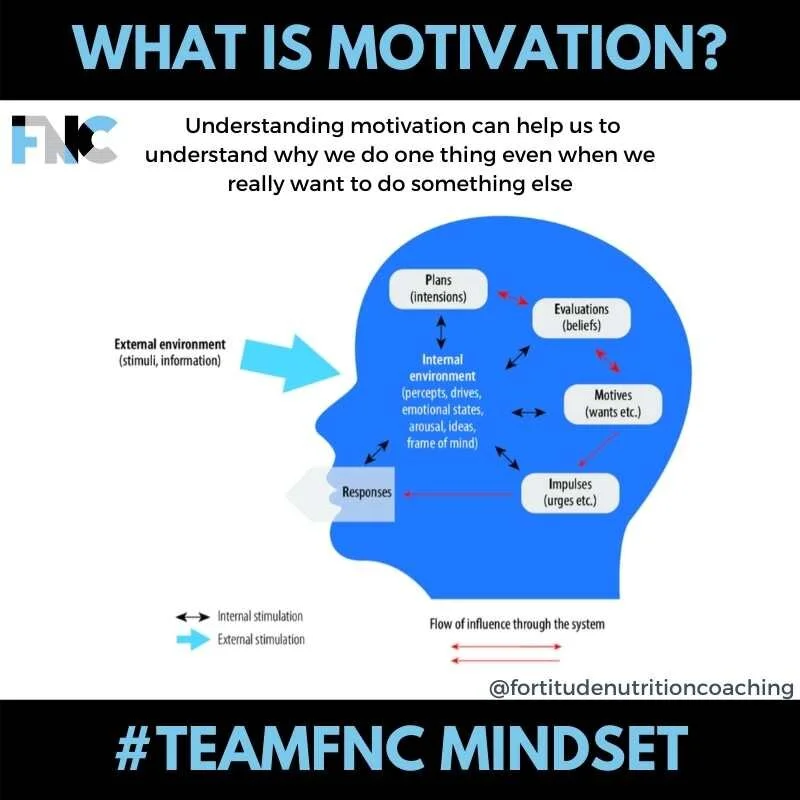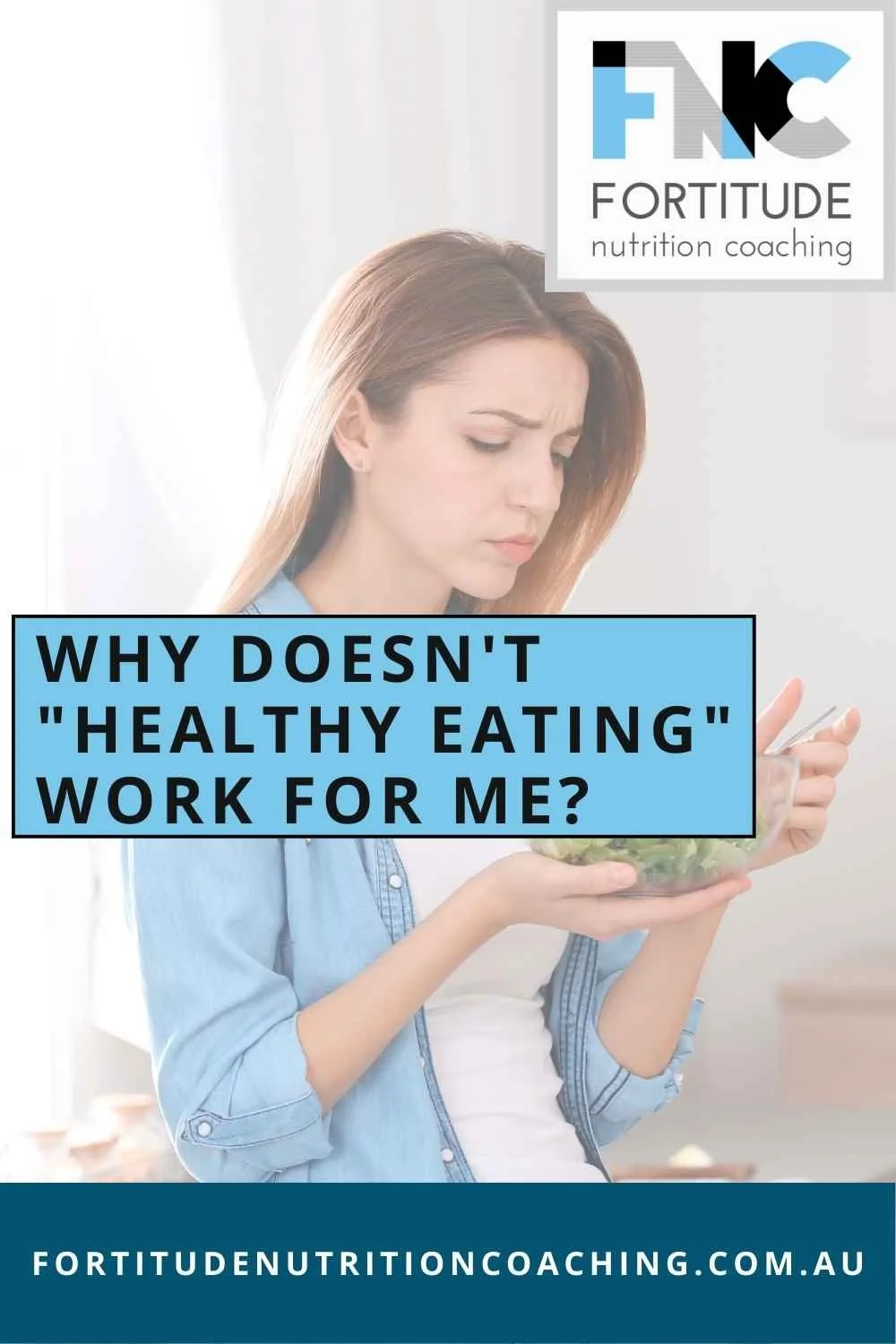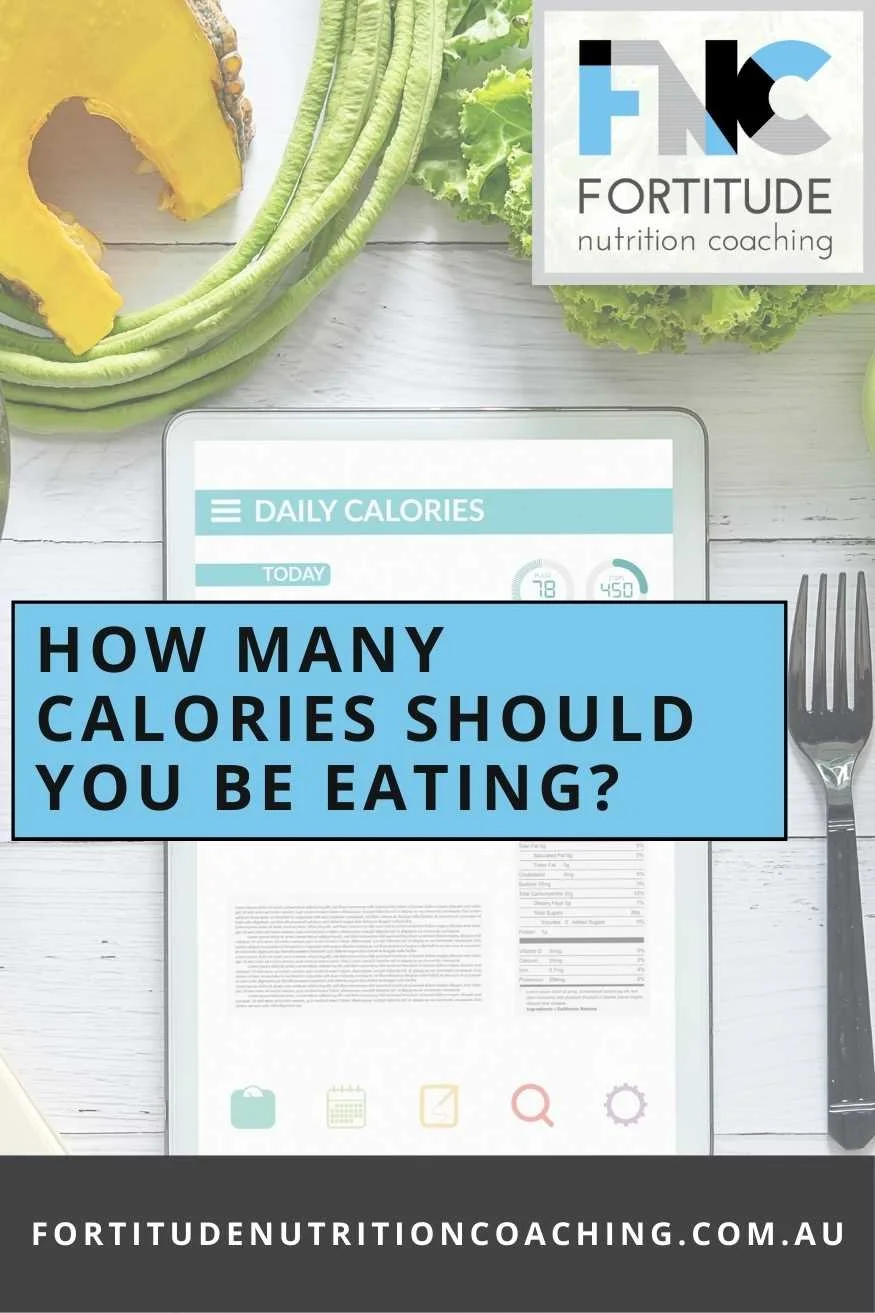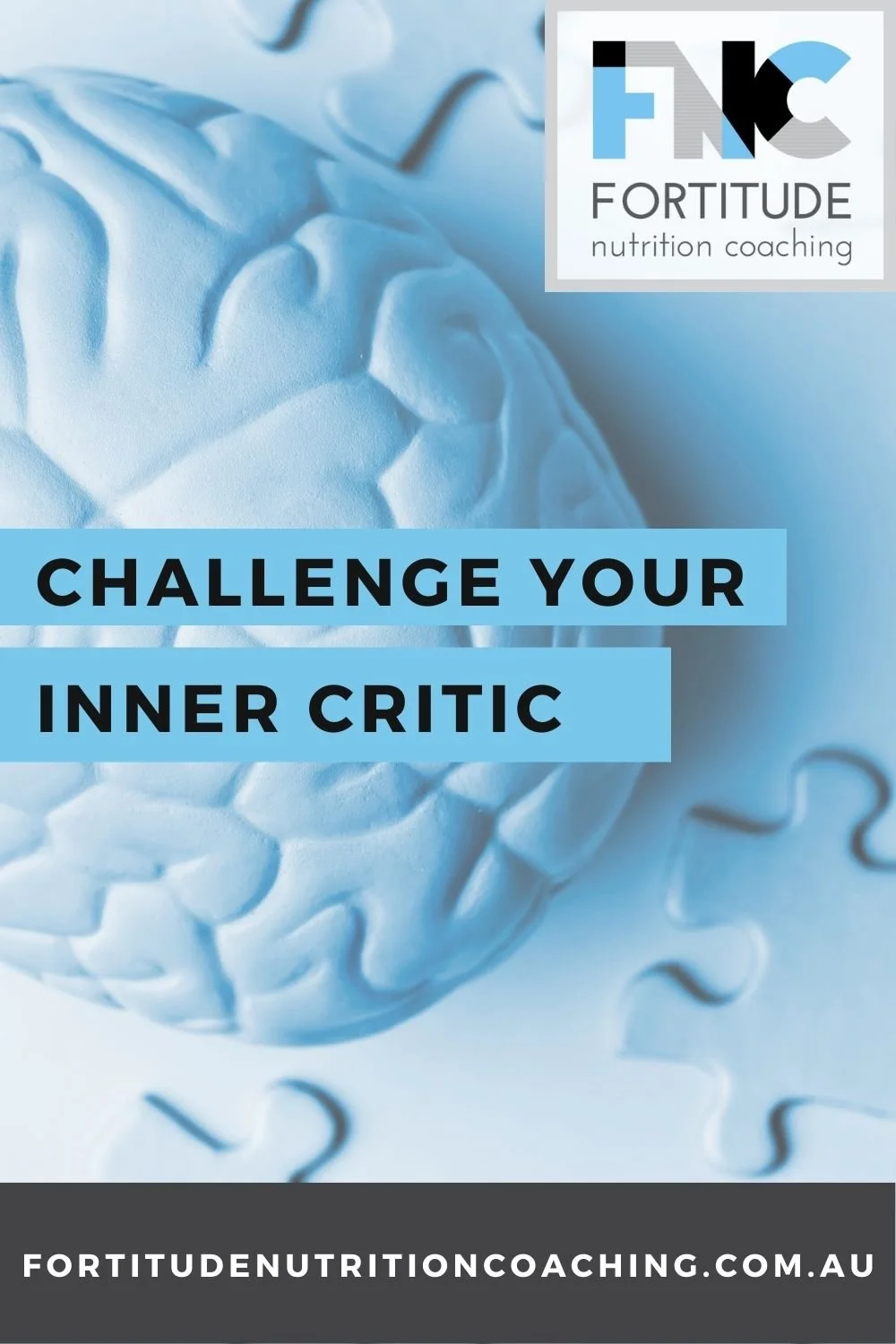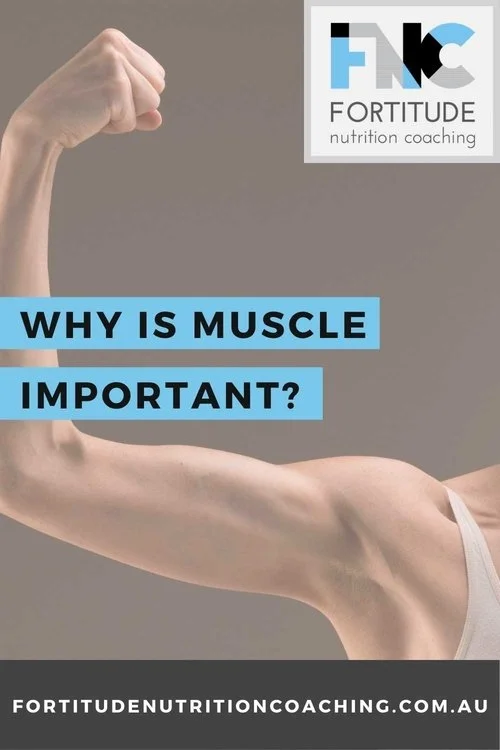Sometimes we don’t feel like doing the things that move us closer towards our goals. You might have a long day and work and not be in the mood for your gym sesh, even though you really want to get stronger. You might overeat in social situations, even though you have a fat loss goal in mind.
That is part of being human.
You are not faulty, you aren’t lacking motivation and you don’t need more willpower. Struggling to make a change has little with you being a ‘weak’ person, and much more to do with your psychological and physiological drives.
Let me explain why.
What Is Motivation?
We often conflate motivation with the ‘will’ to do something. When you face a setback, you might be told that you don’t want it bad enough, or you just need to try harder. Clearly, this isn’t helpful. You know your goal is still important to you, so it isn’t a case of simply wanting it bad enough. You already want to change, but change is hard. The reason is that there is a difference between ‘motive’ and ‘motivation’.
Motivation has been defined as all of the brain processes that energise behaviour, not just goals and decision-making, and includes conscious and unconscious processes. Understood in this way, it means that we are always motivated to do something. Otherwise we’d be vegetables that don’t move or make decisions. We are always behaving in some way, whether these behaviours bring us closer to our goals or not. Understanding motivation can help us to understand why we do one thing even when we really want to do something else.
[1]
Our responses at every moment are governed by potentially competing impulses and inhibitions. Annoyingly, we can want two conflicting things at the same time. If someone comes into the office with a piece of cake, I don’t really want to eat that because of my fat loss goals. At the same time, I really do want to eat that cake because it looks good, tastes good and is right there in front of me! It doesn’t come down to a lack of willpower or motivation. This is a consequence of having a human brain that is constantly juggling a number of drives and impulses.
Motivation Isn’t Just One Thing
There are different forms of motivation which exist on a continuum, depending on where that motivation comes from. Do you want to exercise and eat well to take care of yourself and look after your health? Or do you want to lose fat because you fear you won’t be accepted otherwise? These are two completely different reasons for change. The latter is an extrinsic for motivation, meaning it’s not coming from within. It’s external - it comes from a drive to avoid ‘punishment’, i.e. not being accepted by others. An internal form of motivation is much stronger. It means we’re making a change for ourselves, because it’s something we value. It is part of who we are.
[2]
If you’re struggling to make a change, the amount of motivation you have might not be the issue. It could have a lot more to do with the type of motivation you have and the reasons you want to change.
To help find stronger sources of motivation, you can ask yourself why this change is really important to you:
‘Why do you want to lose 5kgs?’
I want my clothes to fit a little better.
‘Why do you want your clothes to fit better?’
I want to feel more confident day to day.
‘Why is feeling more confident important to you?’
I think I hold myself back because I’m scared of what people think.
‘Why is it important not to hold yourself back?’
I want to be proud of who I am.
‘Why do you want to be proud of who you are?
So that I can accomplish the things I want to accomplish. I want to dedicate myself to my career and be there for my family and friends.
All of a sudden, you’ve found a much stronger source of motivation for making a change. This change is for you, not for anyone else.
Identity and Values
Identity plays an important role in motivation. Interestingly, there is a close anatomical relationship between a part of our brain called the Ventromedial Prefrontal Cortex, which is involved in valuation, and highly overlapping aspects of the Medial Prefrontal Cortex, which is involved in self and identity. If eating well and exercising becomes part of who we are, this can help us to tap into our self-control when we need it most.
[3]
The importance of identity was highlighted in a recent study that explored the predictors of dietary adherence across five restrictive dietary patterns (vegan, vegetarian, paleo, gluten free, and weight loss). The researchers found that, although their diets were more restrictive, vegans and vegetarians stuck to their diets more often than those following gluten-free diets and weight-loss approaches [4]. How come? Because following a plant-based diet was a part of their identity. Conversely, being motivated in our dietary choices by mood or weight control doesn’t seem to help us stick to our goals much at all.
If you haven’t really thought about the type of person you want to be, it can help to think about your values. I have written another post HERE to help you figure this out.
What values are important to you?
How do your health and fitness goals support those values, and allow you to live a better life?
That is your motivation.
Key Takeaways
There are different forms of motivation - it isn’t just one thing.
We are under many psychological and physiological drives at any given moment. You are not ‘weak’ for struggling to make a change.
Some forms of motivation are stronger than others.
Asking yourself why you want to make a change and tying it to who you are as a person can help you tap into your self-control.
1 on 1 Nutrition Coaching with Fortitude Nutrition Coaching
Are you looking for an understanding and supportive human to talk with, to help with advice and guidance? An objective set of eyes to see what you could improve to move towards your goal in the easiest possible way?
We work with real people and get real results. Sign up for 1 on 1 Nutrition Coaching today and get the support, guidance and accountability of a Fortitude Nutrition Coach.
References:
[1] Al-Rawahi, Said & Newton, Jonathon & Asimakopoulou, Koula & Masood, Mohd & Bulushi, Naeema & Yaqoobi, Khalid. (2019). The Psychological Models of Health-related Behavior in Understanding Sugars Intake in Adults: A Review. Oman medical journal. 35. 10.5001/omj.2020.32.
[2] Legault L. (2017) Self-Determination Theory. In: Zeigler-Hill V., Shackelford T. (eds) Encyclopedia of Personality and Individual Differences. Springer, Cham. https://doi.org/10.1007/978-3-319-28099-8_1162-1
[3] De Ridder, D. (Ed.), Adriaanse, M. (Ed.), Fujita, K. (Ed.). (2018). Routledge International Handbook of Self-Control in Health and Well-Being. London: Routledge, https://doi.org/10.4324/9781315648576
[4] Cruwys T, Norwood R, Chachay VS, Ntontis E, Sheffield J. “An Important Part of Who I am”: The Predictors of Dietary Adherence among Weight-Loss, Vegetarian, Vegan, Paleo, and Gluten-Free Dietary Groups. Nutrients. 2020; 12(4):970. https://doi.org/10.3390/nu12040970


